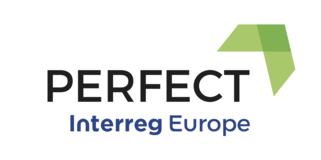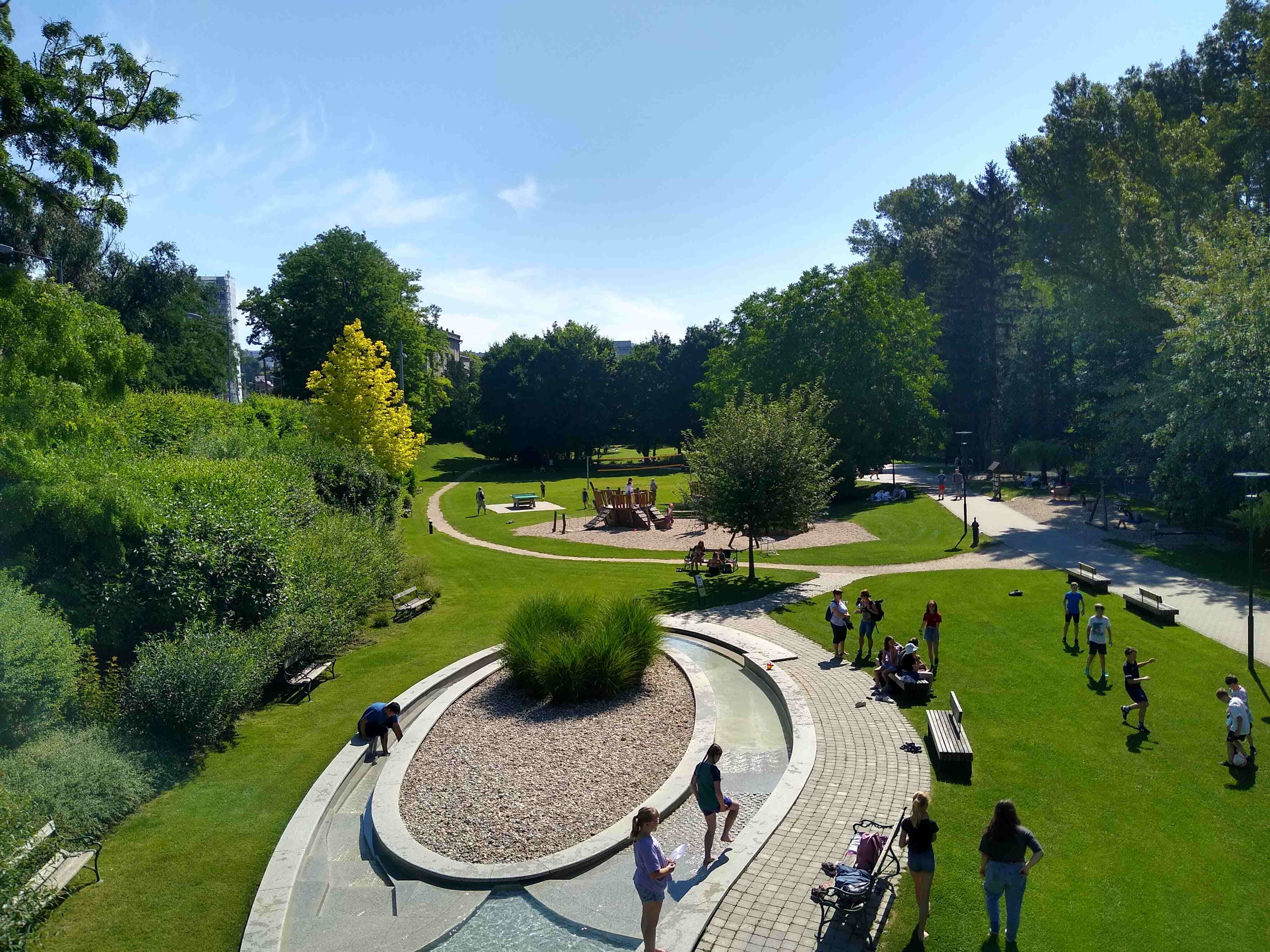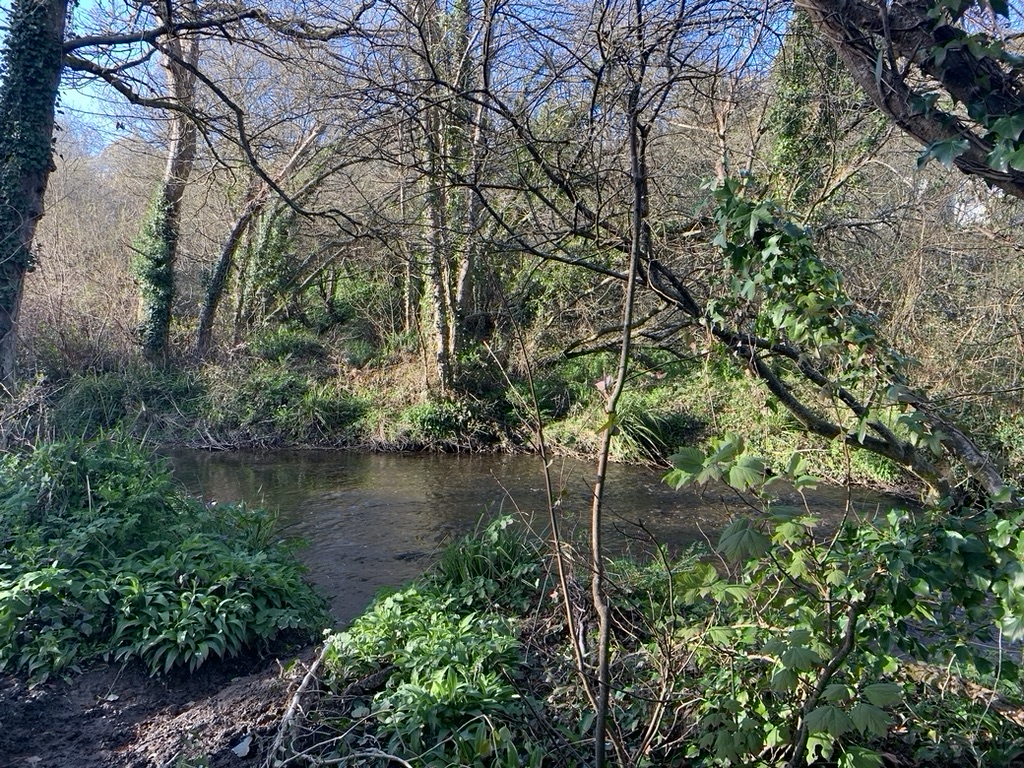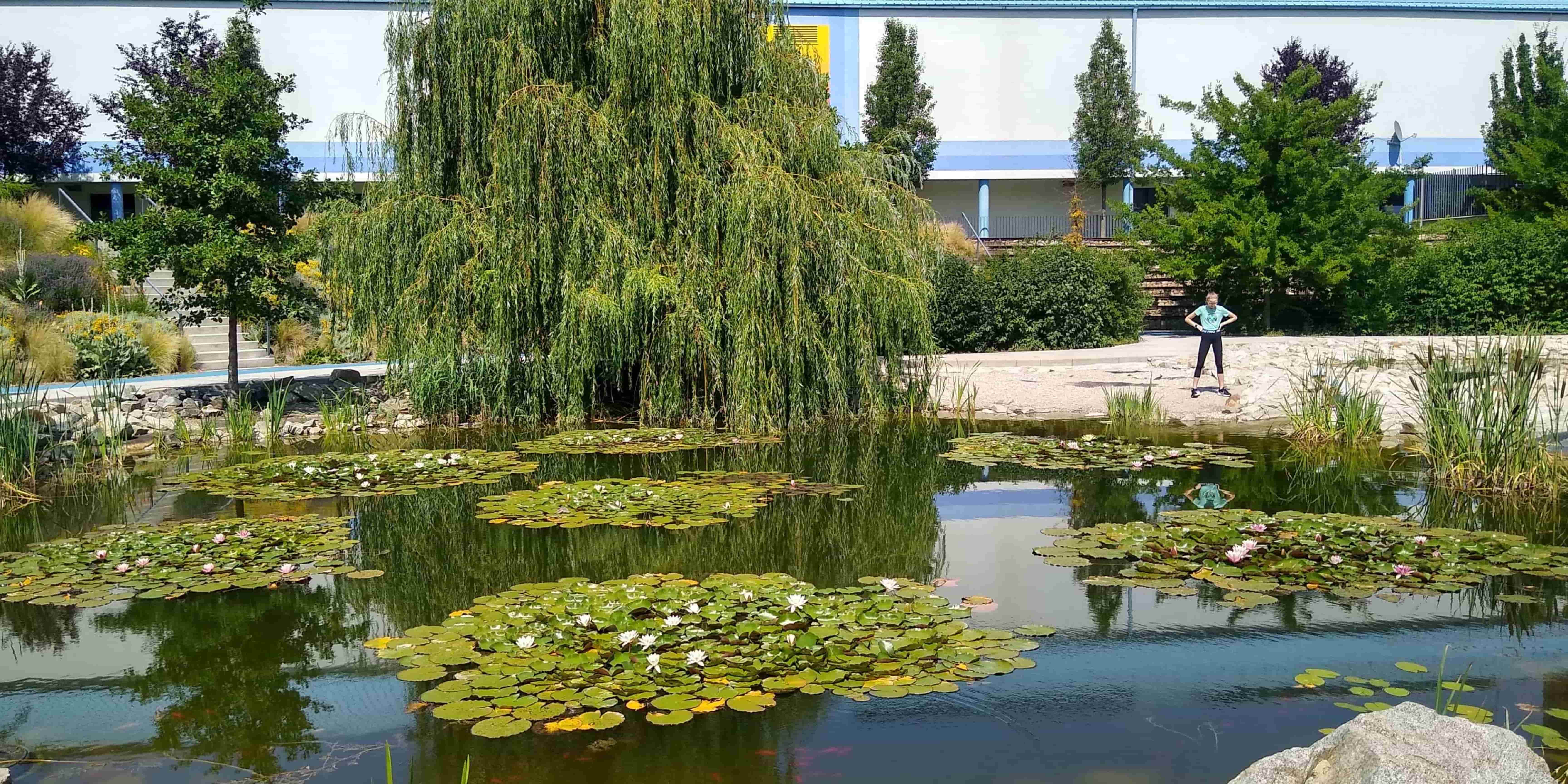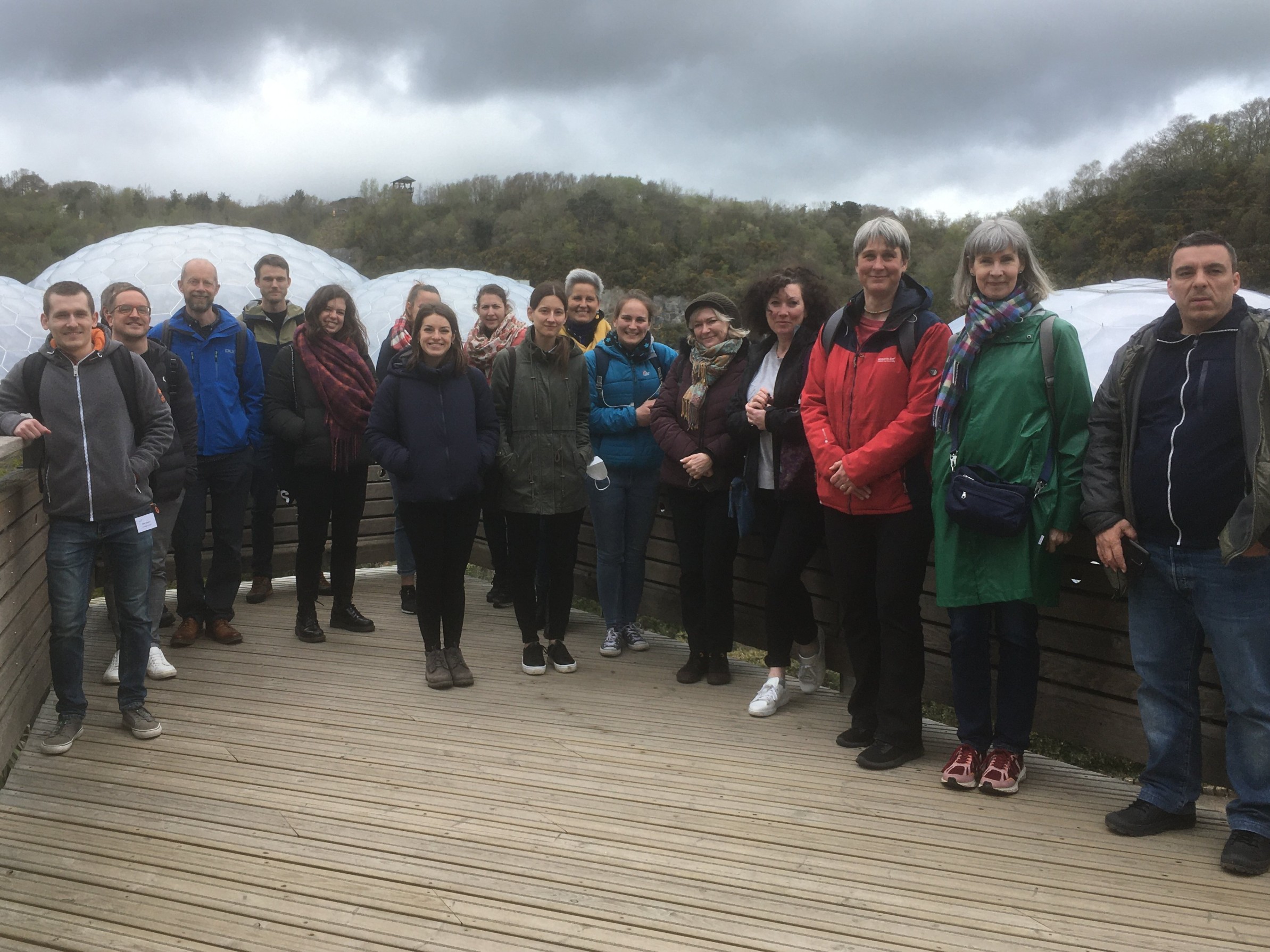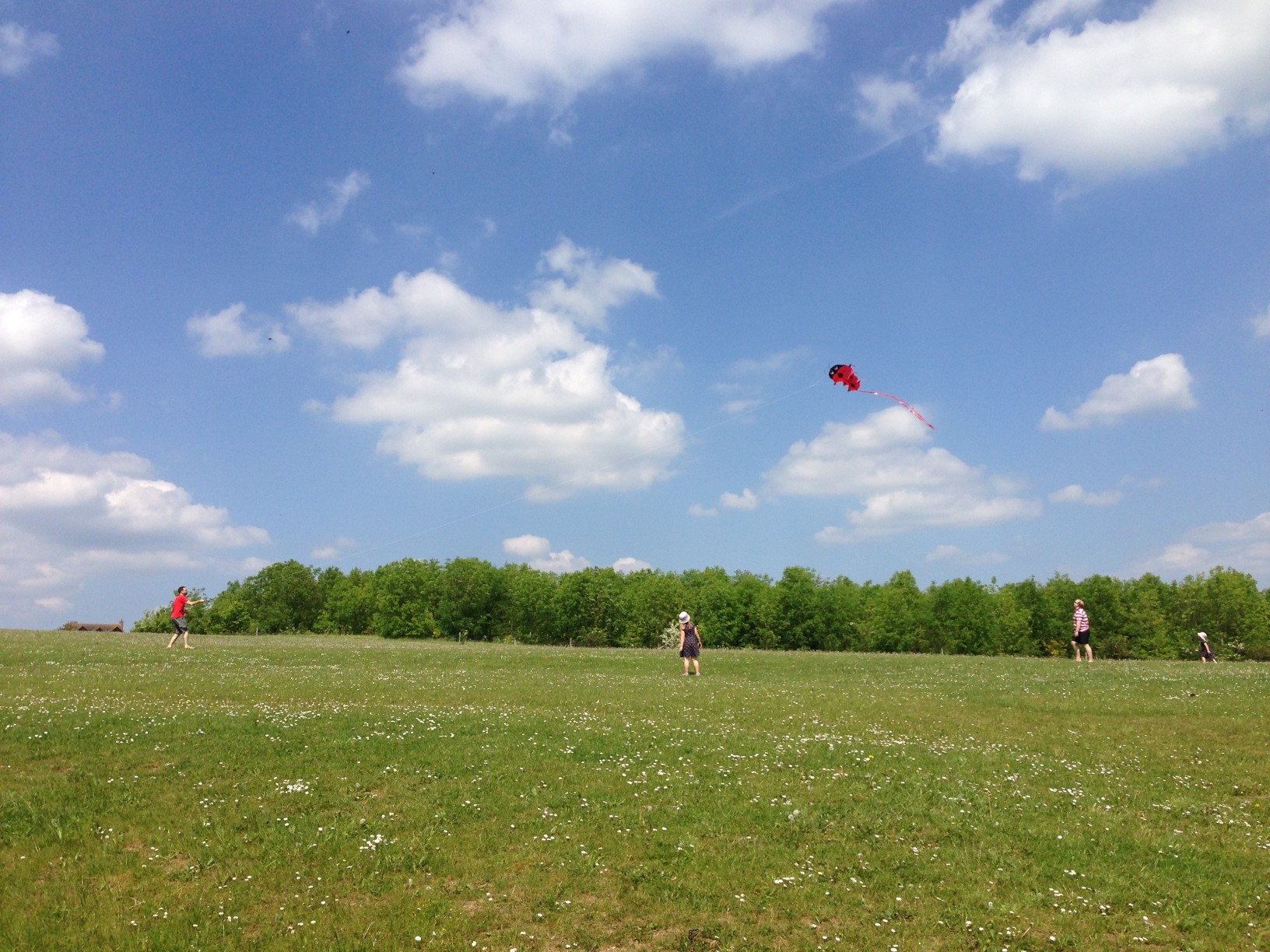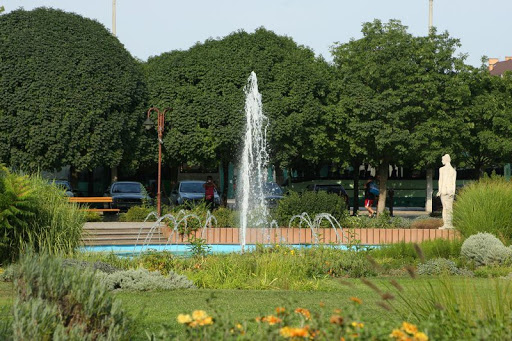In the first semester of the project, partners of the PERFECT (Planning for Environment and Resource eFficiency in European Cities and Towns) project have been working to set out their baseline and to understand which areas need to be improved. This will help them to work effectively in the project, and to maximise the learning about how investment in natural heritage can contribute to the jobs and growth agenda in their partner areas.
A total of 215 responses have been received from the project partners (local municipalities), who surveyed members of their staff and stakeholder group. The results have shown that:
- The benefit of green infrastructure which is rated highest was improvements to people's mental health. This is followed by improvements to people's physical health and thirdly, reducing overheating in urban areas,
- Increasing the number of jobs was ranked lowest of all the potential benefits of green infrastructure, followed by improving social cohesion and then attracting investment in the area.
- Despite this, the respondents to the survey believed that high quality green infrastructure can bring economic benefits to an area. On a scale of 0 - 5, with 5 meaning that it always brings economic benefits, the average rating was 4.04.
- The keywords most often associated with the term "green infrastructure" were nature/natural, parks/gardens, and network/corridors.
- Only 24% of respondents had previously used economic development funding to pay for green infrastructure projects.
Overall, the results have shown that there are challenges but also many opportunities for the project to have a significant influence. Policy and decision-makers clearly recognise that there are economic benefits to green infrastructure, and the project will seek to raise awareness of these and influence investment strategies.
As the next step, all the partners are preparing their SWOT analyses. This will help them to understand and act upon the data which has been gathered through the baseline survey and their literature reviews. Partners will work on a peer-to-peer basis to learn from each other to improve their capacities and prepare their Action Plans.
